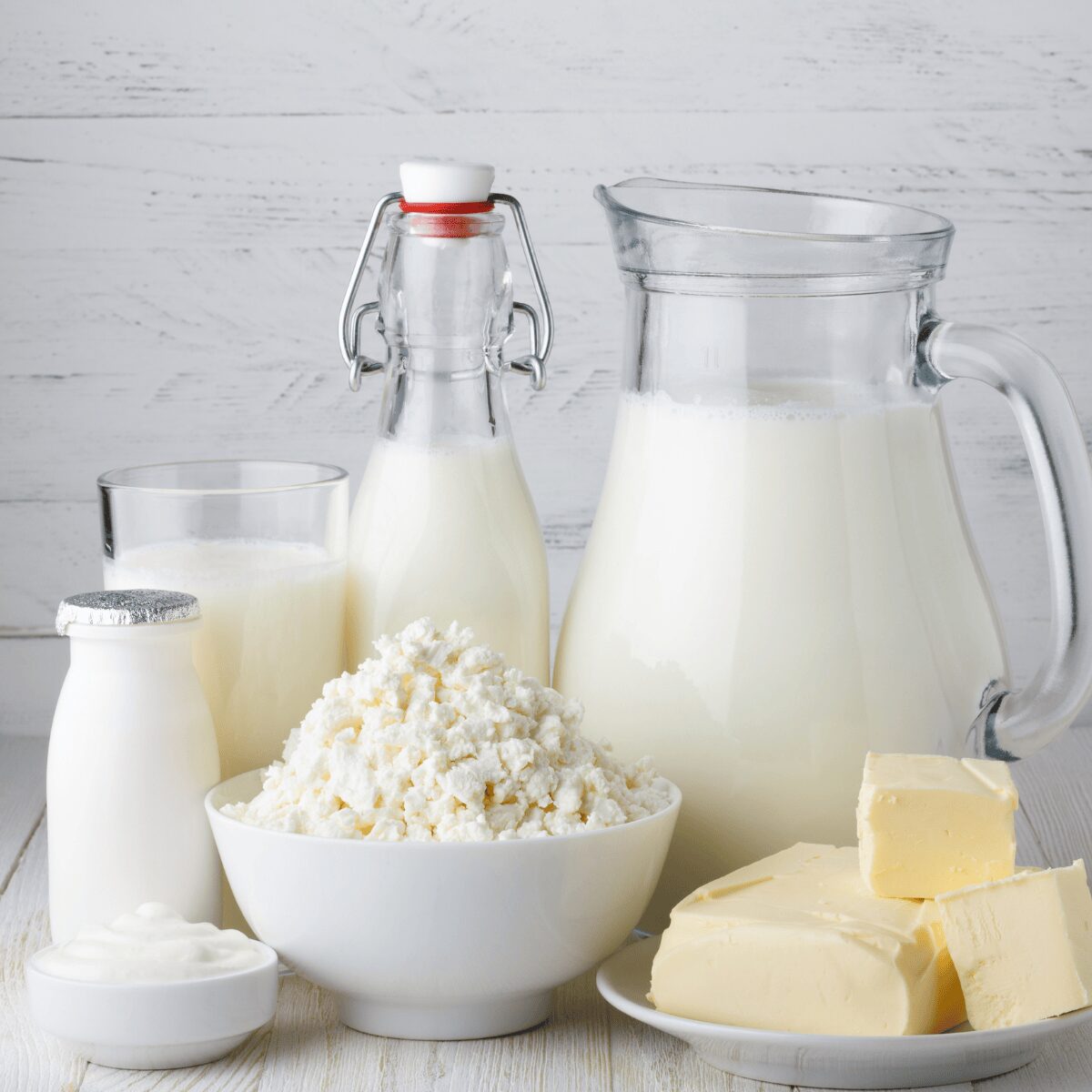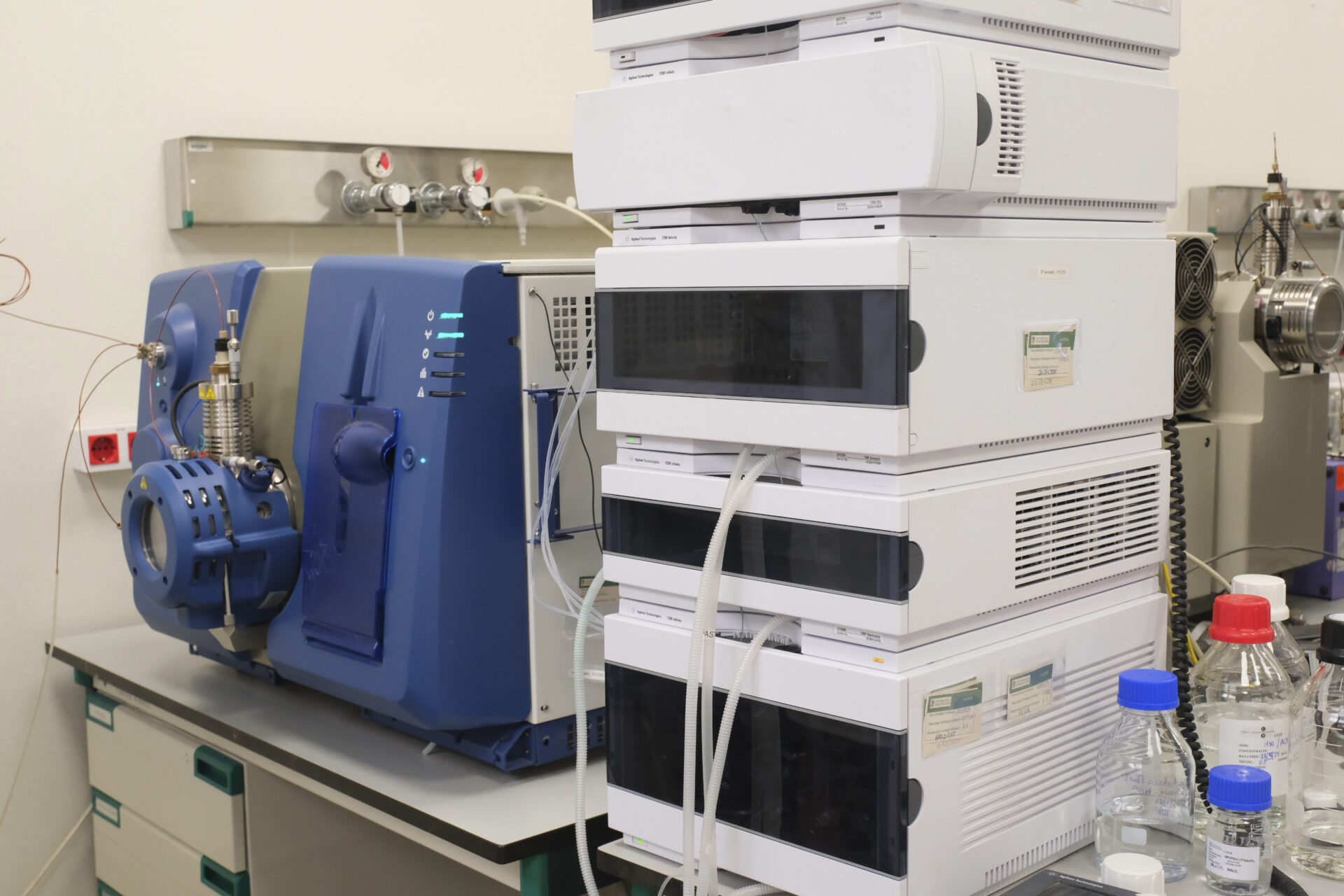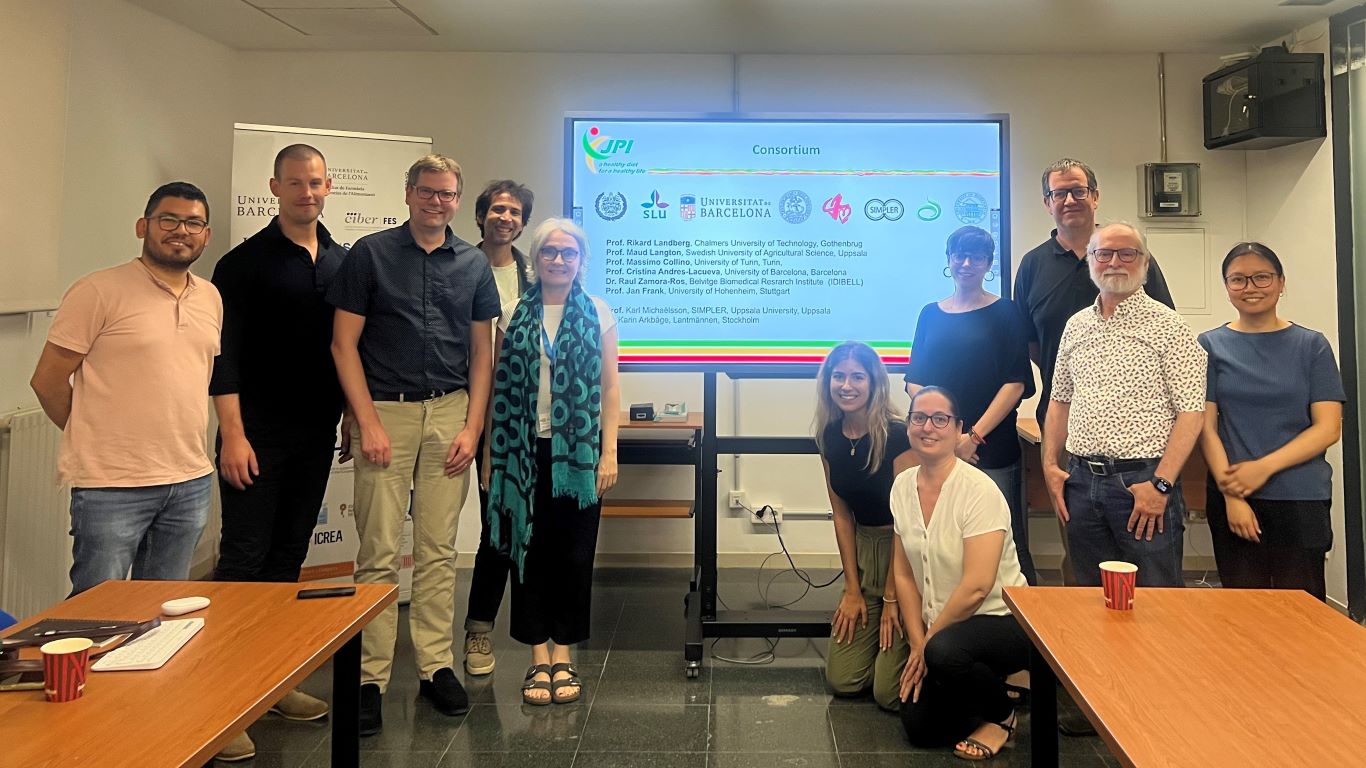The Importance of Nutrition in Promoting Healthy Aging: Dairy Products May Help Maintain Independence and Prevent Frailty in Older Adults

The Importance of Nutrition in Promoting Healthy Aging: Dairy Products May Help Maintain Independence and Prevent Frailty in Older Adults
Frailty is characterized by increased health vulnerability in older adults, leading to a higher risk of falls, hospitalizations, and mortality. Various health conditions and lifestyle habits contribute to its development. For example, inadequate nutritional status or insufficient energy intake can result in malnutrition and macro- and micronutrient deficiencies, ultimately leading to frailty in older adults. According to current evidence, dietary habits appear to play a significant role in both the development and prevention of frailty. Dairy products, being nutrient-dense and easily digestible, are considered an important food group for frailty prevention. However, the relationship between dairy intake and frailty remains unclear.
This study, published in The Journal of Nutrition, Health and Aging, was led by researchers from the Biomarkers and Nutritional & Food Metabolomics Research Group at the Faculty of Pharmacy and Food Sciences of the University of Barcelona and the CIBER on Frailty and Healthy Aging (CIBERFES), in collaboration with research groups such as the IRCCS INRCA Istituto Nazionale di Ricovero e Cura per Anziani in Italy, the National Institute on Aging (NIA) in the United States, the Karolinska Institutet Center for Aging Research in Sweden, and the Bellvitge Biomedical Research Institute (IDIBELL).
Dietary Intake as a Predictor of Frailty
The research, conducted within the InCHIANTI cohort—one of the most significant studies on aging—analyzed data on habitual dairy intake (yogurt, cheese, and milk) from 863 participants over a nine-year follow-up period. The study assessed the relationship between dairy consumption and transitions between different frailty states over time. One of the strengths of this approach is that it provides a detailed understanding of how diet can influence frailty progression.
Dietary dairy intake was evaluated using a validated Food Frequency Questionnaire (FFQ) at the beginning of the study and at the 3-, 6-, and 9-year follow-up points. Frailty status was defined according to Fried et al.’s criteria, which consider unintentional weight loss, weakness (low grip strength), exhaustion, slowness (slow walking speed), and low physical activity.
The results showed that participants with higher consumption of fermented dairy products, particularly yogurt, had a lower probability of transitioning from a pre-frail to a frail state.
Dairy products provide essential nutrients such as calcium, vitamin D, and high-quality proteins, which may play a key role in preserving muscle mass and physical function—critical factors in preventing frailty.
This study opens new perspectives in the field of nutrition and healthy aging, emphasizing the importance of a balanced diet rich in dairy as a strategy for preventing frailty in older adults. The findings could serve as a foundation for developing specific dietary recommendations targeted at the elderly population.
Although the results are promising, further studies are needed to confirm these findings and explore the underlying biological mechanisms.
Reference
- Hidalgo-Liberona N, Meroño T, Zamora-Ros R, Trevisan C, Fedecostante M, Bandinelli S, Ferrucci L, Cherubini A, Andres-Lacueva C. Association between dairy products intake and frailty transitions in older adults: The InCHIANTI cohort study. J Nutr Health Aging. 2025 Jan 14;29(3):100482. doi: 10.1016/j.jnha.2025.100482.





